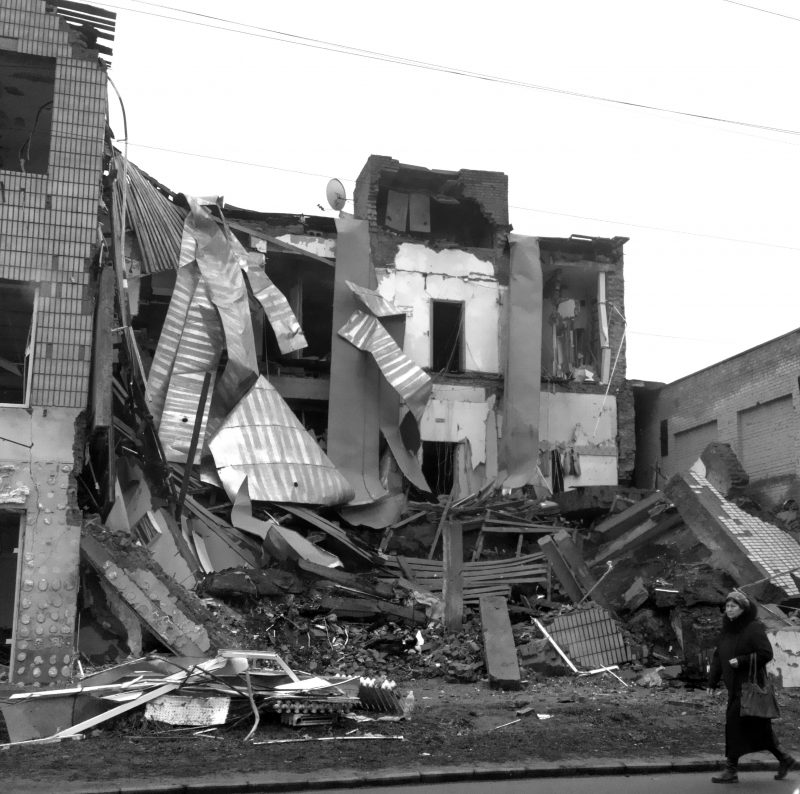Hugo Chow is a current MSc Human Rights student at LSE. He completed his undergraduate study at Chinese University of Hong Kong, with a major in Government & Public Administration and a minor in German.

Let me start with an anecdote. Some time ago, during my undergraduate studies in Hong Kong, I shared a seminar group with a French exchange student. In the lesson on democracy in China, the student expressed his admiration for the Chinese aristocratic system, and dislike for French-style democracy. We, his classmates, were baffled at the argument, and unsure if he was playing devil’s advocate or genuinely longed for a return to pre-Revolution France.
A slight detour to this story. As most readers will know, people in Hong Kong have been occupying main roads in the heart of the city, calling for genuine democracy and universal suffrage and protesting the decision made on August 31st 2014 by the National People’s Congress on the method of election for the Chief Executive of Hong Kong. TIME Magazine has termed this movement the “Umbrella Revolution”, after the umbrellas used by students to protect themselves from police pepper spray.
Given that China has full sovereignty over Hong Kong and China itself is not democratic, it may seem to naturally follow that Hong Kong would not have real democracy. It should, however, be noted that in 1984 the Chinese and British governments signed a Sino-British Joint Declaration which guaranteed Hong Kong elections for its Chief Executive after the 1997 handover and promised a high autonomy within the city. Universal suffrages for both Chief Executive and the members of Legislative Council are also assured by Hong Kong Basic Law, which serves as the constitutional document of the city.
Despite increasing recognition of the right to political participation in international law, there is a plurality of opinions on the worth of democracy. Many in the US and the UK, having found flaws in the operation of modern democracy, find it difficult to believe in democracy as they did in past centuries. Others see democracy as only a lesser evil amongst all other institutional options that are put forward to us in a modern society. The latter position is founded on a pessimistic pragmatism: a belief that even though governments can never be good enough and politicians will always betray their constituency, a democratic society at least provides for a choice of representation. In a totalitarian system, by contrast, this choice is denied.
As article 25(b) of the International Covenant on Civil and Political Rights (ICCPR) – which China signed in 1998, but is yet to ratify – states:
Every citizen shall have the right and the opportunity, without any of the distinctions mentioned in article 2 and without unreasonable restrictions:
(b) To vote and to be elected at genuine periodic elections which shall be by universal and equal suffrage and shall be held by secret ballot, guaranteeing the free expression of the will of the electors.
This can be interpreted to suggest that the right to vote in a democracy is not only a right of citizens but also a responsibility to citizens who reside in that territory to choose the government that best represents their interests. In a truly mature democratic society, not only is the government obliged to work for the betterment of society, but citizens themselves also have the responsibility for making the society function properly by casting their ballot periodically.
As the anecdote mentioned earlier demonstrates, there is tendency for some people in western democracies to take their right to vote for granted and ignore the responsibility linked to that right. The theory of social contract, developed by Jean-Jacques Rousseau, legitimates political authority through all citizens giving their agreement for their mutual preservation. In order to have a proper functioning of this legitimate political authority, all citizens must attend and participate in regular assemblies, deliberations and elections. Citizens, on choosing the government, should vote according to their interests and will for the sake of their preservation.
Current events in Hong Kong are a good example of the conflict between Rousseau’s idealistic conception of democracy and reality. Normally in common life, people would not have such a time to attend regular assemblies and deliberations. A virtual contract, however, indeed exists between the voter and the political authority, as explained in his book. And this contract requires input from both parties. On one hand, political authority has to function according to the general will and must not be abusive. On the other hand, the contract also requires all citizens to participate in public affairs. With all the freedoms and liberties that citizens enjoy in a modern democratic society, this social contract requires them in return to cast ballots in periodic elections.
It strikes me as ironic that some people who live in democratic societies do not view the right to participate in politics affairs as a fundamental human right while so many others around the globe are being deprived of this right. While there are indeed many deep-rooted problems in democratic systems around the world, it may well be the best system for us at the moment. I would therefore like to make a call to all who do not vote or think that their votes do not matter: please do value the right when you enjoy it, and it is not something that costs no penny. People have fought for it for many generations before these fundamental rights are ready for you.



nice topic
very good